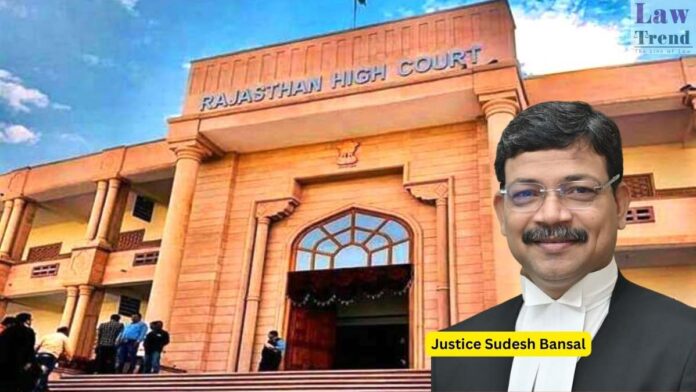The High Court of Judicature for Rajasthan, in a significant ruling, has held that the state’s Anti-Corruption Bureau (ACB) has the jurisdiction to register criminal cases, conduct investigations, and file charge-sheets against Central Government employees for offences committed under the Prevention of Corruption (PC) Act within the state’s territory. Justice Sudesh Bansal clarified that the




